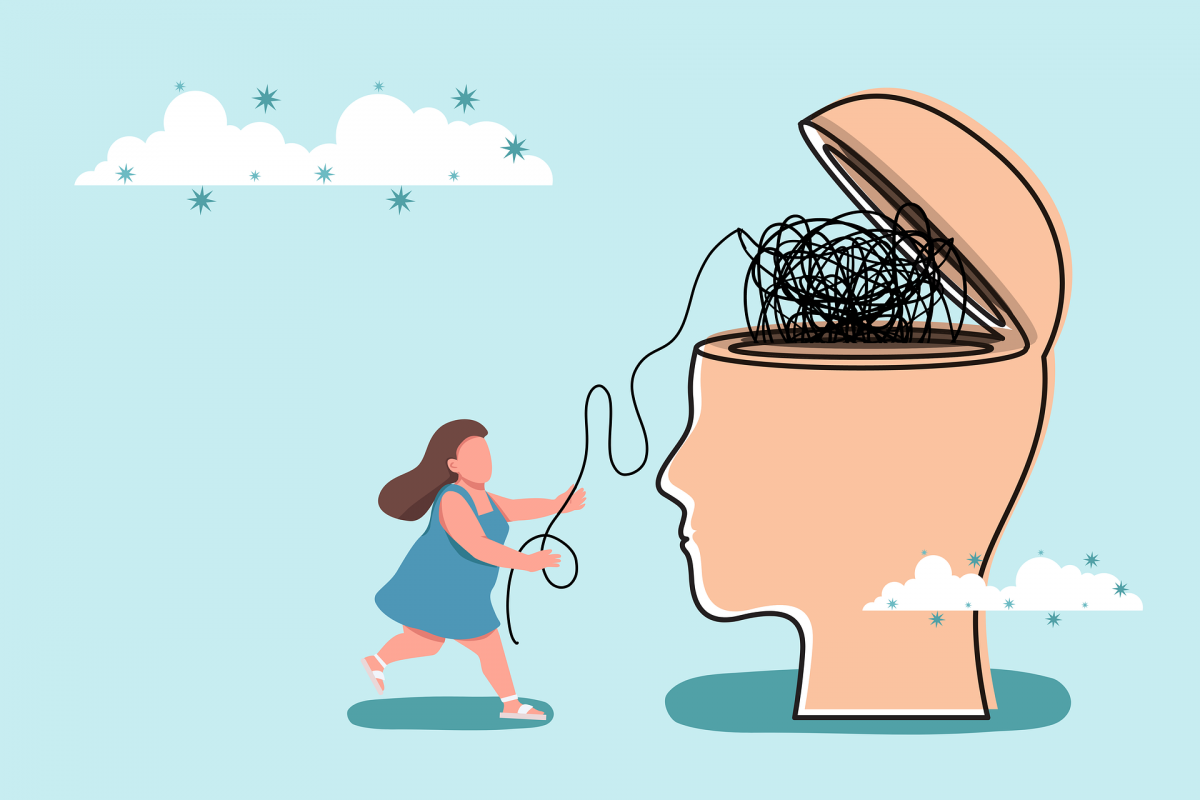
Embracing Your Comfort Zone Can Help Rewire Your Brain/Create New Healthy Habits
Dr. Caroline Leaf – In this podcast (episode #485) and blog, I talk to bestselling author, editor and journalist Adam Bornstein about his latest book You Can’t Screw This Up, the mental health benefits of enjoying food, the science of self-perception, the power of releasing mental baggage, why most diet plans fail, and so much more!
Adam is a New York Times best-selling author and an award-winning fitness and nutrition journalist and editor. Named “one of the most influential people in health”, Bornstein is the CEO and founder of Born Fitness. Previously, he was the editorial director for LIVESTRONG.COM and the fitness editor for Men’s Health magazine. His first book, The Impact! Body Plan, was a fitness bestseller, and that was followed by The Men’s Health Diet (with Stephen Perrine), The Women’s Health Big Book of Abs, and The Men’s Health Big Book: Getting Abs.
Adam has articles featured in publications such as The New York Times, ESPN the Magazine, Forbes, and Fast Company. He also has a monthly column in Men’s Fitness magazine called “Learn It.” Bornstein has appeared on Good Morning America, The Early Show, and E! News. He also blogs at bornfitness.com to discuss all topics related to health, fitness, and nutrition.
As Adam notes in his book You Can’t Screw This Up, the diet industry is great at making us follow more diets, not making us leave dieting behind. But why is it that the more diet books and nutrition information we publish, the more unhealthy we become? What is going on here?
We tend to associate health with extreme cost and sacrifice. However, even though change can be hard, improving our health doesn’t have to be painful. This has warped our belief on what it takes to become healthier.
But the reality is that we don’t need another restrictive, unrealistic plan.
We need tools that help us enjoy what we eat (including takeout!) and be healthier at the same time. In his incredibly easy-to-follow book, Adam gives us these tools, showing us how upgrading our health and losing weight for good requires us to turn our back on the typical dieting culture by following successful habits and frameworks not typically seen in nutrition and fitness.
As Adam notes in his book, once we learn a better way to build healthy habits, we can leave behind the shame and guilt of most plans and make the healthy lifestyle changes we’ve been chasing. Our ability to create healthier habits relies not on abandoning our comfort zone, but expanding it. This means doing some things that are new and challenging, while keeping some things that are old and familiar, based on where and how we thrive as individuals.
Yet one of the biggest barriers to this approach is our self-perception. So many of us have a mental boundary when it comes to food and health. Diets have taught us to expect a level of perfection and adherence that is not realistic or possible, and we end up just waiting for failure to come.
Dieting culture has also taught us to measure success using ephemeral things like a number on a scale, counting calories or eating superfoods, which only add to our stress. This, in turn, affects how we feel mentally and physically, impacting our ability to become healthier and taking away from what we should really be focusing on: what we think of ourselves.
Self-perception plays a key role in our ability to change our behaviors and improve our health
When we want to change, we can’t just wait to become motivated, take action and change. The research on behavioral change shows us that we need to start with our relationship with our selves. If we don’t think we can be healthy or succeed, or if we do not fundamentally like who we are, then we are setting ourselves up for failure even if we experience short term success.
Improving our self-perception starts with understanding what it truly means to be healthy. This means being vulnerable with ourselves, having self-compassion, and developing a positive self-perception; it is the understanding that “I am a healthy person, I am just figuring this out as I go along.” We know we are not a finished product; we are works-in-progress, not failures.
This starts with setting small, easy goals, which are the foundation of successful behavioral change.
Dieting tends to throw people in the deep end and then makes them feel weak for failing. However, when we set small, attainable health goals, we are far more likely to reach our goals and feel empowered to continue moving forward—the research consistently shows that success breeds success. We can go fast by starting slow!
It is also important to remember than no diet works for everyone. Different ways of eating work for different people. Research shows that the key factor when it comes to healthy eating is what is sustainable—the way of eating we can maintain for the longest period of time. The question isn’t what food we need to remove or what dietary tribe we need to follow; rather, it is what is sustainable for us in the short and long term.
For more on healthy habits and dieting culture, listen to my podcast with Adam (episode #485) and check out his amazing book You Can’t Screw This Up.
Podcast Highlights
2:14 Adam’s journey
3:50 The truth behind dieting & diet books
7:10 Adam’s amazing new book You Can’t Screw This Up
12:24, 20:00 The science of self-perception
20:45 How the wellness industry manipulates our emotions
21:40 How shame & guilt impact our health
24:20 The importance of setting easy goals
26:34 We are incredibly resilient!
29:24 It’s okay to eat takeout!
31:50 The power of community meals
36:30 Why we should allow ourselves to enjoy eating
This podcast and blog are for educational purposes only and are not intended as medical advice. We always encourage each person to make the decision that seems best for their situation with the guidance of a medical professional.
To read the original article click here.






